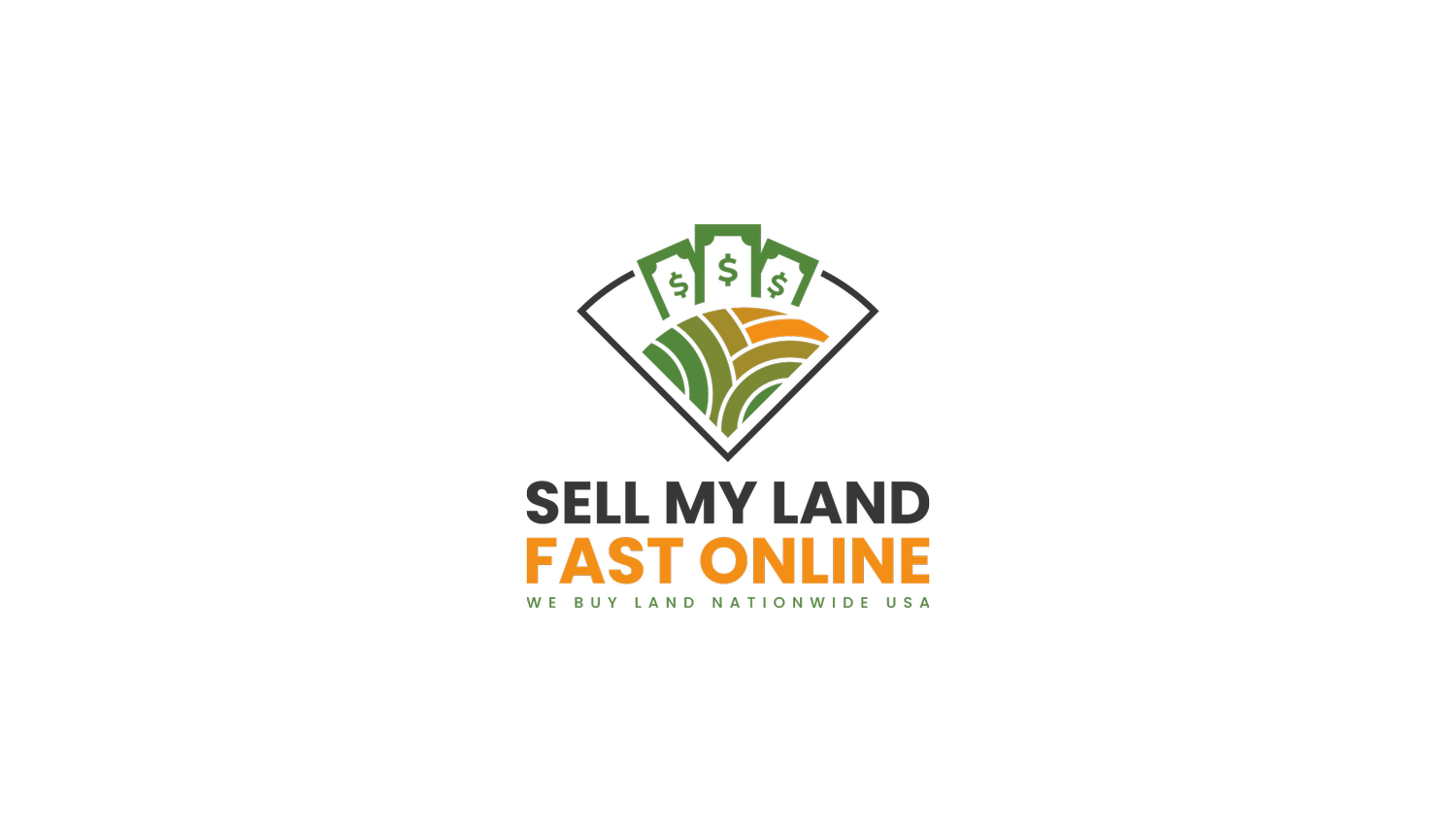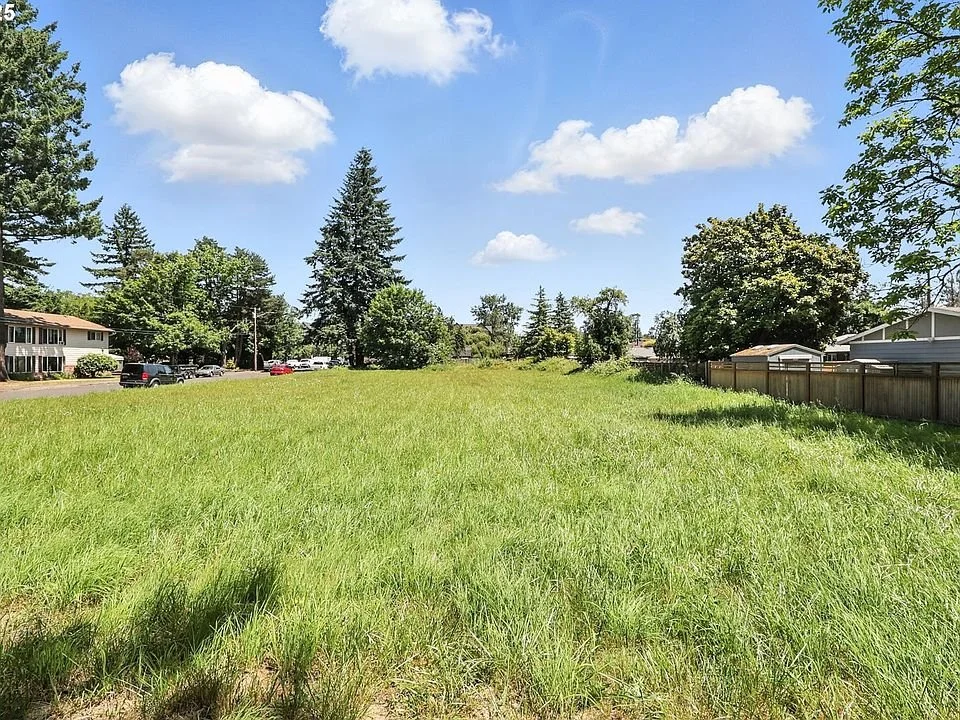How to Sell Land in Washington DC
When selling land in Washington DC, it’s essential to understand that vacant parcels typically fall into three main categories: infill urban lots (often downzoned or with existing structures), underutilized lots, and outer-belt parcels. According to real estate professionals in D.C., the valuation of land in the District depends heavily on several key factors:
Zoning and land-use regulations — including lot coverage, permitted building height, density, and whether mixed-use or residential development is allowed.
Utility access — availability of sewer, water, and electricity connections, as well as site improvements like grading, roads, and stormwater systems.
Surrounding development trends — proximity to infrastructure upgrades, commercial growth corridors, and upcoming public projects.
Comparable land sales — recent transactions in the same neighborhood or zoning class that provide benchmarks for market pricing.
Because selling vacant land in Washington DC often involves properties that lack existing structures or income potential, buyer demand tends to be more limited compared to residential homes. This reduced interest, combined with due diligence and permitting requirements, can make the traditional sales process slower and more complex.
For this reason, many owners consider alternative options such as selling directly to cash investors who can close quickly and purchase land as-is.
Why Selling to a Cash Investor Often Makes Sense
Speed and Certainty
Selling through a real estate agent or via a traditional listing often takes months—and sometimes more than a year—for vacant lots. In contrast, land-buying investors (sometimes referred to as “we-buy-land-for-cash” firms) can often deliver offers and close much faster, sometimes within 3 to 4 weeks.
Because they use cash, these buyers avoid the risk of mortgage approval delays or financing fall-throughs, which are common obstacles in traditional deals.
No Commission, Fewer Fees
Traditional sales typically incur real estate agent commissions (often 5–6 %), listing, marketing, and holding costs. An investor buying directly for cash often takes properties “as-is” and covers many of the closing costs, effectively sparing you many of the normal seller expenses.
Offloading Risk, Cost, and Uncertainty
As the seller of a vacant lot, you bear the costs of property taxes, insurance, maintenance, permitting risks, and regulatory surprises during the listing period. A cash investor takes on those carrying costs—often immediately. You transfer not just the land, but also potential liabilities (e.g. environmental, title, easements). That peace of mind is often worth accepting a slightly lower net price in exchange for lower hassle.
Flexibility on Terms
Many cash investors are more flexible on closing dates and terms than traditional buyers. If you need time to wrap up affairs or stage a phased closing, a motivated investor is more likely to accommodate such requests.
What to Watch Out for—Due Diligence Still Matters
While selling to a cash investor is often advantageous, you should still protect yourself:
Title and Encumbrances: Make sure your title is clear of liens, mortgages, tax delinquencies, or unresolved easements.
Disclosures: Washington (and many jurisdictions) require sellers to disclose flood risk, known defects, environmental issues, or other material facts.
Comparable Offers: Even though an investor might offer convenience, it’s wise to solicit multiple offers or compare with traditional market comps to ensure the offer isn’t unfairly low.
Verify Investor Credentials: Confirm they use proper escrow, have proof of funds, and are reputable—especially in D.C.’s tightly regulated real estate environment.
Closing Costs and Net Proceeds: Confirm which closing costs (title insurance, transfer taxes, recording fees) the buyer will pay vs. which you’ll absorb.
How to Position Your Vacant Lot for a Cash Sale
Prepare Basic Information
Provide the parcel number, zoning classification, survey maps, boundary lines, utility access, and as much documentation as possible. Investors use these to vet the deal quickly.Obtain a Professional Valuation or Market Analysis
Even though investors will run their own numbers, having a professional estimate strengthens your negotiating position.Highlight Key “Upside” Factors
If the lot is in a zone that is expected to be rezoned or is near a public infrastructure upgrade, mention it. Investors pay attention to development potential.Be Transparent About Challenges
If there’s flooding risk, irregular lot shape, easements, or steep grade, disclose these up front. A transparent seller is more trusted and less likely to have the deal fall apart later.
Conclusion
In Washington, D.C.’s competitive and regulatory-heavy real estate market, selling a vacant lot through a conventional listing often means a drawn-out, uncertain process. For many landowners, a direct cash sale to an investor is the most practical route: fast, certain, with fewer transactional burdens. Yes, you may sacrifice a bit of premium that a traditional buyer might pay, but the tradeoff often leans in favor of certainty and closure. If you're ready for a clean break and want to avoid months—or even years—of holding costs, shopping a few cash offers might just turn out to be your most efficient path forward.

